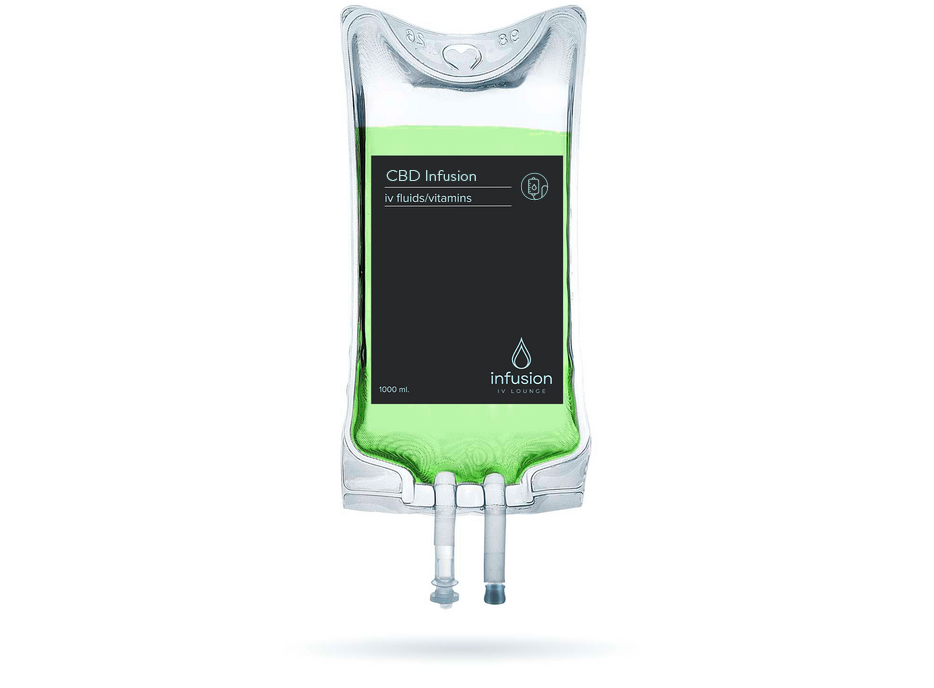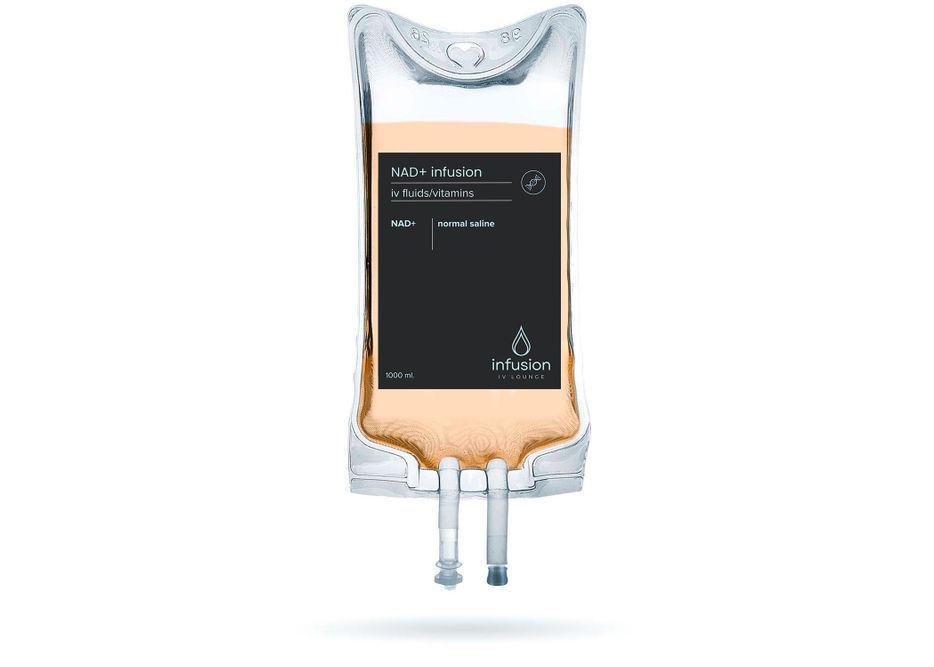5 Simple Ways to Boost Your Immune System

In our fast-paced world, maintaining a robust immune system is more important than ever. Our immune system protects us from infections and diseases, and there are numerous ways to fortify its defenses. This article explores five simple yet effective strategies to boost your immune health.
Understanding Your Immune System
The Role of the Immune System
The immune system is the body’s defense mechanism against pathogens such as viruses, bacteria, and fungi. It comprises a complex network of cells, tissues, and organs that work in harmony to identify and destroy invaders. A well-functioning immune system can prevent infections, and when it detects a foreign entity, it launches an attack to neutralize the threat.
Additionally, the immune system has a memory function, allowing it to recognize previously encountered pathogens. This adaptive response is what vaccinations take advantage of, offering protection against specific diseases by preparing the immune system to respond quickly should the body encounter those pathogens in the future. The intricate process involves various types of white blood cells, such as lymphocytes and macrophages, which play pivotal roles in identifying and eliminating harmful agents, ensuring that our body remains resilient against diseases.
Factors Affecting Immune Health
Several factors influence the health of our immune system. Age, for example, plays a significant role; as we age, our immune response can weaken, making us more susceptible to infections. Lifestyle choices, such as nutrition, physical activity, and sleep quality, are crucial in maintaining a strong immune system. A diet rich in vitamins and minerals, particularly vitamins C and D, zinc, and antioxidants, can bolster immune function. Regular exercise not only enhances circulation but also helps in the regulation of immune cells, promoting a more robust defense against pathogens.
Environmental factors, including exposure to pollutants and stress levels, also play a part in immune function. Chronic stress, for instance, can lead to the release of hormones like cortisol, which, in high levels, can suppress the immune response. Understanding these factors can help us make informed choices that promote optimal immune health. Furthermore, maintaining a healthy gut microbiome has been shown to significantly influence immune responses, as a balanced gut flora can enhance the body’s ability to fend off infections and reduce inflammation. Incorporating probiotics and prebiotics into your diet can be an effective strategy for supporting both gut health and immune function.
The Importance of a Balanced Diet
Nutrients Essential for Immune Function
A balanced diet rich in essential nutrients is vital for maintaining a healthy immune system. Key nutrients include vitamin C, zinc, vitamin D, and antioxidants, which help combat oxidative stress and support immune function. For instance, vitamin C is known for its role in boosting white blood cell production, while zinc is crucial for the development and function of immune cells.
Incorporating a variety of nutrient-dense foods into your meals ensures adequate intake of these important vitamins and minerals. This dietary variety not only supports immune health but also contributes to overall wellness.
Foods to Include in Your Diet
- Citrus Fruits: Oranges, lemons, and grapefruits are high in vitamin C.
- Nuts and Seeds: Almonds and sunflower seeds provide vitamin E and zinc.
- Leafy Greens: Spinach and kale are excellent sources of vitamins and antioxidants.
- Garlic: Known for its immune-boosting properties due to its sulfur-containing compounds.
- Yogurt: Contains probiotics, which support gut health and immunity.
The Impact of Physical Activity
Exercise and Immune Response
Regular physical activity is one of the most effective ways to maintain a strong immune system. Exercise stimulates the circulation of immune cells, improving their ability to detect and fight off infections. It also helps lower stress hormones, which can negatively impact immune function when elevated for prolonged periods.
Moreover, moderate exercise has been shown to enhance the body’s immunological memory, allowing it to respond more efficiently to future infections.
Recommended Types of Exercise
- Aerobic Exercises: Activities like walking, jogging, and cycling boost heart health and circulation.
- Resistance Training: Strength training helps build muscle and promotes overall health.
- Yoga and Stretching: These activities reduce stress and improve flexibility and relaxation.
Finding an exercise routine that you enjoy is key to sustaining a regular practice, as consistency is crucial for reaping the immune benefits of physical activity.
The Role of Sleep in Immunity
How Sleep Affects the Immune System
Quality sleep is essential for a well-functioning immune system. During sleep, the body undergoes critical processes that support immune function, such as the production of cytokines, proteins involved in the immune response. Inadequate sleep can hinder the body’s ability to fight off infections and may even make you more susceptible to diseases.
Research suggests that individuals who do not get sufficient sleep are more prone to illnesses like the common cold and flu. Therefore, prioritizing sleep can significantly impact your overall health and immune resilience.
Tips for Better Sleep Hygiene
- Establish a Routine: Go to bed and wake up at the same times each day to regulate your body clock.
- Create a Restful Environment: Ensure your sleeping area is dark, quiet, and cool.
- Avoid Screens Before Bed: Limit exposure to smartphones and computers that can disrupt sleep.
- Practice Relaxation Techniques: Engage in activities like reading or meditation to wind down.
Stress Management for Immune Health
The Connection Between Stress and Immunity
Stress is a significant factor that can adversely affect immune functioning. When under stress, the body releases cortisol, a hormone that, in excess, can suppress the immune response. Chronic stress can lead to increased inflammation and negative health outcomes, making stress management imperative for immune health.
Implementing stress-reducing strategies can help maintain a balanced immune response, enabling the body to combat infections more effectively.
Effective Stress-Reducing Techniques
- Meditation: Practicing mindfulness and meditation can lower stress levels and improve mental clarity.
- Deep Breathing Exercises: Techniques like diaphragmatic breathing can target the body’s stress response.
- Time in Nature: Spending time outdoors can enhance mood and reduce feelings of stress.
Finding techniques that resonate with you can significantly impact your ability to manage stress and, consequently, support your immune health.
In conclusion, a healthy immune system is within reach through lifestyle choices. By understanding your immune system, cultivating a balanced diet, engaging in regular physical activity, ensuring good sleep hygiene, and managing stress effectively, you can significantly boost your body's defenses and enjoy a healthier life.

P: 720-808-0622
663 E 19th Ave Denver
CO 80203
All Rights Reserved | Infusion IV Lounge









